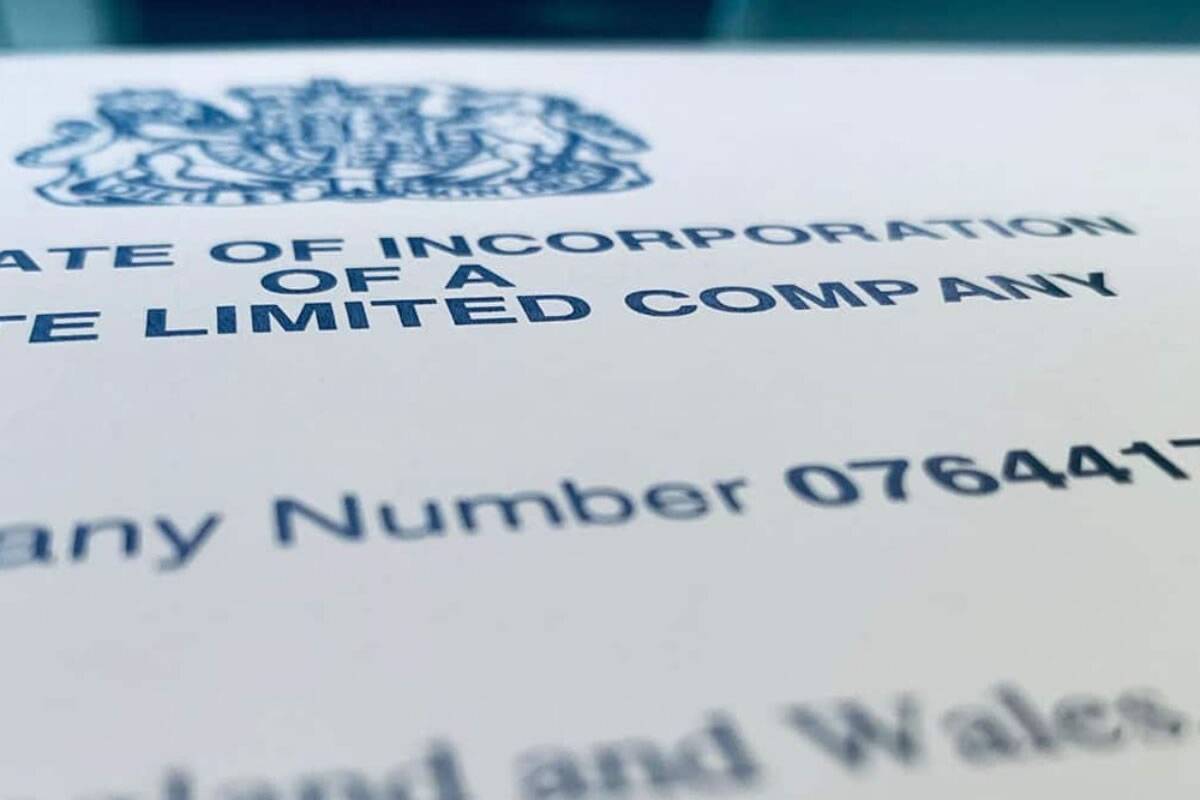Is it worth registering a company in England?
- 27-07-2024
- Business
- Canarian Weekly
- Photo Credit: Sample Photo
Registering a company in England offers a unique combination of historical charm and a vibrant business environment, making it an attractive choice for entrepreneurs. With supportive local policies, a robust economy, and easy access to UK and European markets, England provides a conducive atmosphere for business growth.
The benefits of setting up a business in England are numerous, it boasts a reliable and established banking sector, progressive regulatory framework, and a positive reputation both nationally and internationally. These factors contribute to a business-friendly environment that encourages innovation and growth. Additionally, the quick and efficient company registration process in the UK allows entrepreneurs to get their businesses up and running with minimal delay.
If you are considering setting up a business in England and are looking for a virtual office address, this article will guide you through the process and provide essential information on how to register a company in the UK. Also, you can better understand private limited company advantages and disadvantages.
ADVANTAGES OF REGISTERING A COMPANY IN THE UK IN 2024
- Prestigious location with a rich history.
- Thriving local economy with strong growth potential.
- Reliable and established banking sector.
- Business-friendly regulatory framework.
- Quick and efficient registration process.
- Positive state and regional reputation.
- Access to broader European markets.
- Ease of doing business in the UK.
- Agreements for the avoidance of double taxation.
TO REGISTER A COMPANY IN ENGLAND, YOU MUST FOLLOW THESE STEPS:
1. Register Your Company Name: Ensure the name is unique and not already registered.
2. Prepare a Business Plan: Detail your planned activities.
3. Find a Legal Address: A virtual office address in a prominent location can enhance your business's prestige.
4. Develop a Memorandum and Charter: Outline the company’s structure and rules.
5. Submit an Application: Incorporate your company with the necessary documentation.
6. Open a Business Account: Set up a business account and deposit capital.
7. Register for Tax Purposes: Complete tax registration within three months of starting your business.
8. Obtain Necessary Permits: Ensure you have all the permits needed for your business activities.
BUSINESS FORMS FOR REGISTERING A COMPANY IN ENGLAND
UK company law offers various structures for incorporating a business, each with its requirements:
- Private Limited Liability Company (LLC): Requires one participant and one director, who can be non-residents. A minimum paid-up capital of £1 and a company secretary are required.
- Public Limited Company (PLC): Requires at least two shareholders and two directors, with a minimum capital of £5,000. PLCs need to be listed on the stock exchange.
- Limited Liability Company (LC): Requires one participant and one director. No minimum capital requirement.
- Limited Liability Partnership (LLP): Requires at least two partners, who can be legal entities, with limited liability for debts.
- Branch Registration: For foreign companies, establishing a UK branch involves submitting parent company documents, appointing a local manager, and confirming a local address.
- Representative Office: Requires authorization from Companies House and HMRC. Cannot conduct business activities directly.
OPENING A BANK ACCOUNT FOR A COMPANY
Non-residents can open a business account in the UK, but the process may be lengthy due to due diligence requirements. Typically, you need:
- A legal address in the UK (a virtual office in England can be used).
- A UK-based representative to sign the account.
- A detailed business plan.
- Information about shareholders with more than a 10% stake.
TAXATION
Understanding UK taxation is crucial for businesses:
- Corporate Income Tax: Resident companies pay tax on worldwide profits, while non-resident companies pay on UK-based profits. The standard rate is 19%.
- Value Added Tax (VAT): Standard rate is 20%, with some goods/services taxed at 5% or 0%.
- Stamp Duty: 0.5% on share transactions; rates vary for real estate purchases.
- Withholding Taxes (WHT): Generally 20% on interest or royalties, with some exceptions.
Final Thoughts
Registering a company in England offers various benefits depending on your business goals. If you need a virtual office address in England, consider consulting local experts for detailed information and support tailored to your business needs.
Understanding the steps involved in UK company registration is crucial for a smooth start. This includes choosing the right business structure, such as a private limited company, public limited company, limited liability partnership, or branch registration.
Each structure has its own set of requirements and benefits, so it's important to select the one that aligns best with your business goals and operational needs. From selecting a business structure to opening a bank account and adhering to tax regulations, every step plays a vital role in the successful establishment of your business.
For those looking to establish a professional presence without the need for a physical office, utilising virtual office services in England can further enhance your business's reputation and operational efficiency. A virtual office provides a prestigious business address, mail handling services, and other administrative support, allowing you to focus on growing your business while maintaining a professional image.



























































